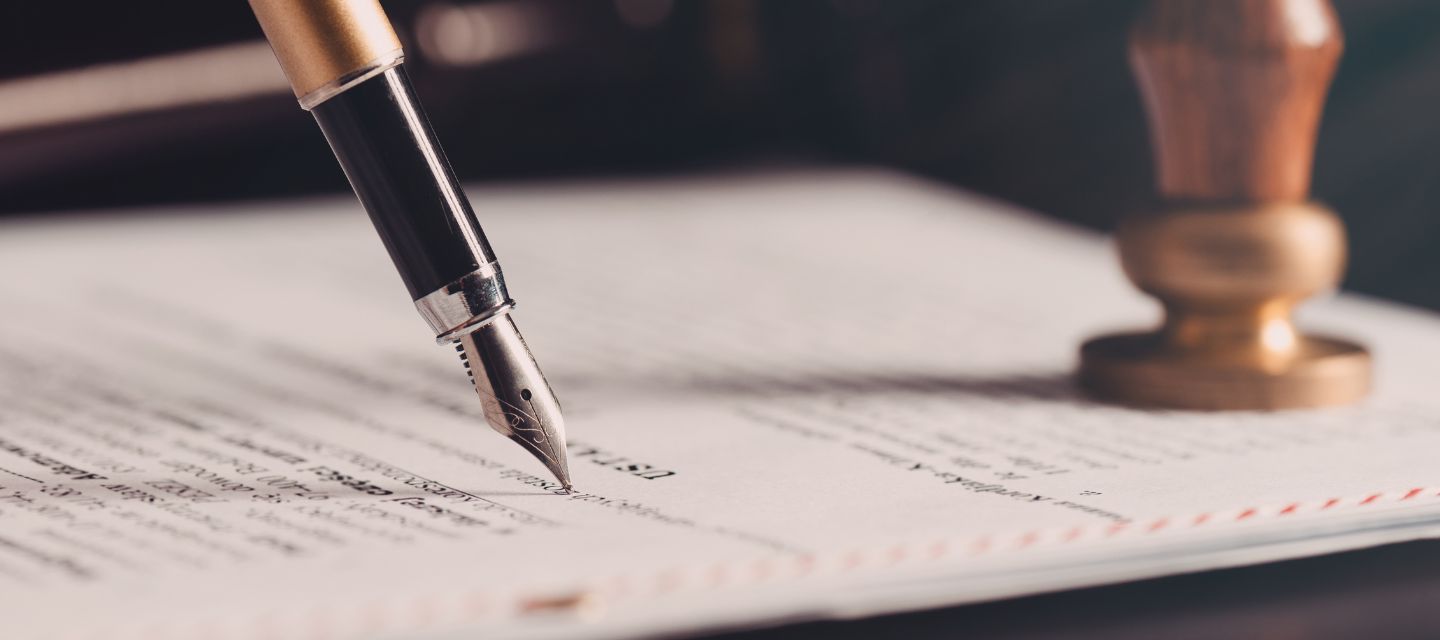[Flash Report] Japan Enacts AI Promotion Act: Overview and Implications for Businesses

弁護士・ニューヨーク州弁護士、国際法務部門統括
野村 諭

弁護士、AI Practice Group統括
島内 洋人
![[Flash Report] Japan Enacts AI Promotion Act: Overview and Implications for Businesses](https://zelojapan.com/wp/wp-content/uploads/2025/05/e92512132610dd098d357f2155bf891a-2-608x336.jpg)

目次
As readers may know, many arbitral institutions offer companies the possibility of using expedited procedures to conduct an arbitration. These expedited procedures were developed in response to concerns in the international business community about the pace of the arbitration process. Recently, the Japan Commercial Arbitration Association (JCAA) amended provisions for its expedited arbitration procedures (see https://www.jcaa.or.jp/en/common/pdf/arbitration/Commercial_Arbitoration_Rules2021_en.pdf). Below we discuss key aspects of these amendments, which apply to arbitration cases filed on or after July 1, 2021.
Under the earlier version of the JCAA rules, expedited procedures applied if the amount of the claim and any counterclaim (or any set-off defense) each was JPY 50 million or less, unless the parties agreed not to use such expedited procedures. The tribunal, which consisted of one arbitrator, was obliged to make reasonable efforts to make the arbitral award within three months of the tribunal’s appointment. The tribunal, however, had latitude to extend this time limit.
Pursuant to the JCAA’s recent amendments, expedited procedures now apply if the total amount of the dispute (including the claim and any counterclaim or set-off defense) is JPY 300 million or less. This JPY 300 million figure is a significant increase from the prior rules. In part, this increase is due to the nature of the JCAA’s arbitration caseload, nearly half of which between 2011 and 2020 had an amount in dispute below JPY 300 million (according to the JCAA). In part as well, this increase reflects an effort by the JCAA to keep up with increases made by other arbitral institutions in Asia, such as the Singapore International Arbitration Centre and Hong Kong International Arbitration Centre.
The new JCAA expedited procedures also establish different time limits for the tribunal to issue the arbitral award depending on the amount in dispute. Now, as a general rule, the time limit for the tribunal to issue the award is six months from the tribunal’s appointment. If, however, the total amount in dispute is JPY 50 million or less, the previous time limit of three months remains. Further, when expedited procedures now apply, the JCAA and not the tribunal may decide to extend these time limits. While parties are still entitled to agree not to use expedited procedures, the JCAA now also may decide not to apply these procedures if, for example, circumstances “make it clearly inappropriate” to do so.
Other changes include extending the time a respondent has to make any counterclaim or set-off defense from two to four weeks, allowing parties to amend their claims or counterclaims with the tribunal’s permission, and permitting parties to agree to have a three-member tribunal rather than just a sole arbitrator. Each of these changes was made due to the increase in the upper limit of the amount in dispute and corresponding increased time limit for the issuance of the arbitral awards. To encourage the arbitral tribunal to meet either the six- or three-month time limits, the new expedited procedures oblige the tribunal to complete the arbitration procedural schedule within two weeks of the tribunal’s appointment (rather than “as early as practicable” pursuant to the prior rules).
Notwithstanding the amendments to the JCAA’s expedited procedures, parties are well advised to consider on a case-by-case basis whether they wish to use these procedures. Expedited procedures typically are more appropriate for cases where the factual and legal issues are not particularly complicated and where much of the tribunal’s assessment regarding liability and damages can be made largely if not entirely on the basis of the documentary record. Indeed, one element of the JCAA’s new expedited procedures that has not changed is the principle (subject to the arbitral tribunal’s determination and parties’ agreement otherwise) that the process is to be “documents only,” that is, without an oral hearing where witnesses give testimony and are questioned.
When considering whether to use expedited procedures parties (and their lawyers) should ask various questions, including: what is the volume of documents? how many important fact witnesses are there? are technical issues involved that require expert witnesses? Generally, the more complex a case is (e.g., if it has a large volume of documents, many fact witnesses, and/or requires expert input on technical issues), the less appropriate it may be to use expedited procedures. Moreover, while a lower amount in dispute often may correspond to a less complex dispute, this is not always so. Thus, parties should consider carefully whether their particular dispute is best served by using the JCAA’s (or other arbitral institutions’) expedited procedures.
For further information on the above, please contact this form.
Click here for the Japanese translation article.
The information provided in this article does not, and is not intended to, constitute legal advice and is for general informational purposes only. Readers of this article should contact an attorney to obtain advice with respect to any particular legal matter.

